
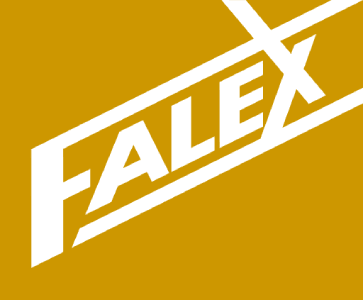

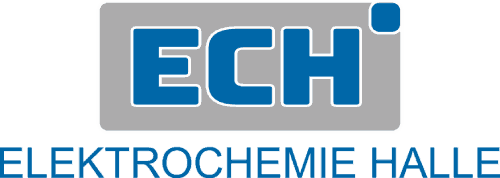

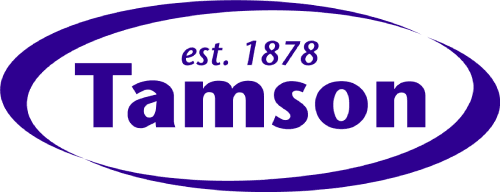

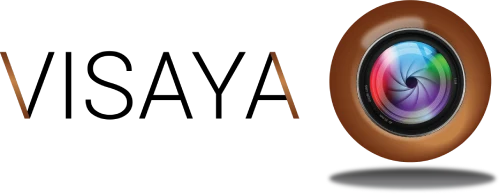
Cleanliness is essential to ensure the compliance, performance and durability of fuels and lubricants.
Cleanliness testers are designed to analyze the quality and durability of fuels, lubricants and other chemical products. They enable us to measure oxidation resistance, a key parameter that can lead to the formation of toxic deposits and acids. These instruments also measure carbon and sediment residues, an essential indicator to prevent engines and devices from soiling.
These test instruments are used in many key industries where product quality, performance and safety are essential.
The petroleum and gas industry are directly concerned by these analyses. These tests ensure that fuels like gasoline, diesel, kerosene and biofuels meet performance, safety and emissions standards. Oxidation stability and carbon residue testing are crucial to ensure efficient combustion and minimizing engine wear. These analysis can also be used to measure the fouling if industrial installations (pipelines, pumps, supply circuits, etc.)
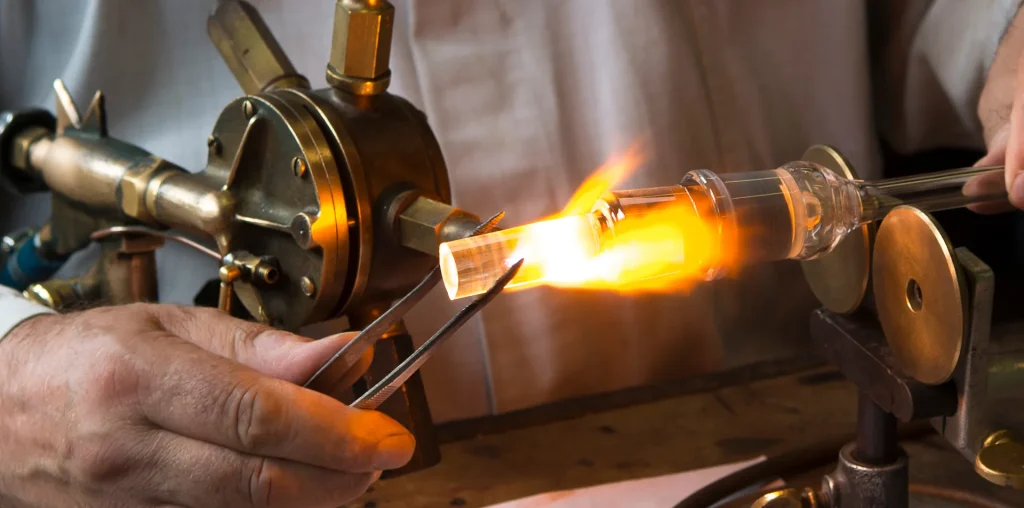
In the lubricants and oils industry, oxidation stability and carbon residue testing are used to assess the durability and performance of lubricants and engine oils, to prevent engine fouling and optimize engine efficiency and longevity.
The food and cosmetics industries analyze oxidation stability in formulation of some products, especially oils and greases. Sediment tests are used to verify the cleanliness in products.
NORMALAB offers a complete range of test equipment able to evaluate precisely oxidation, carbon and sediment content. In addition, we offer fuel characterization equipment for different types of samples.
These analyses enable you to anticipate risks and detect the traces of impurities. By running these tests, you can optimize product quality, extend equipment lifetime and reduce maintenance costs. Investing in these equipments ensures greater product reliability throughout the product life cycle.
Find out more about our equipment for accurate, standard-compliant analyses.